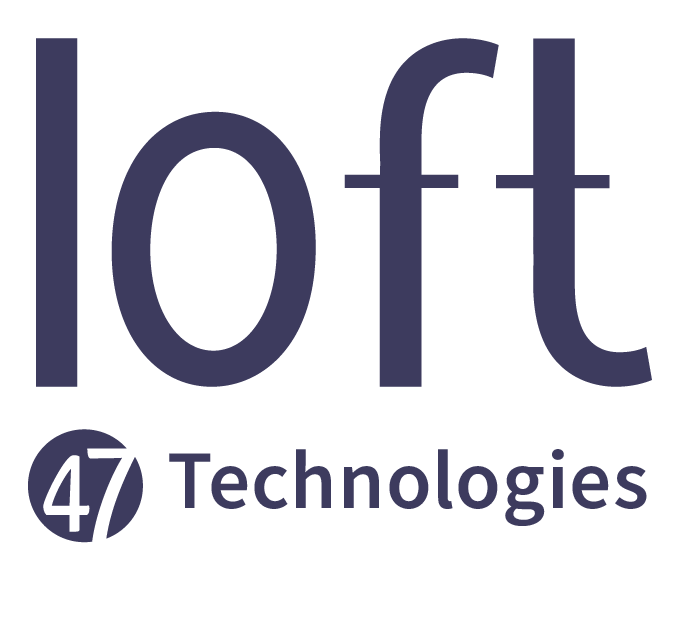Real Estate Trust Accounting
Whether you’re a real estate agent, broker, or investor, understanding the intricacies of real estate trust accounting is crucial for managing transactions, protecting funds, and ensuring compliance. In this comprehensive guide, we will explore the key aspects of real estate trust accounting, including the definition, benefits, management, and types of trust accounts. We will also discuss the importance of using reliable brokerage accounting software, such as Loft47, to streamline commission management and regulatory compliance.
Understanding Real Estate Trust Accounting
Real estate trust accounting refers to the management of funds or assets held by a third party, known as the trustee, on behalf of another party, the beneficiary. The trustee is responsible for safeguarding the funds and ensuring their proper distribution according to the terms of the trust agreement. Trust accounts are commonly used in real estate transactions to protect the buyer’s earnest money deposit and facilitate a smooth closing process.
When a buyer makes an offer on a property, it is common practice for the buyer to deposit their earnest money into a trust or escrow account. This account is typically held by a neutral third party, such as a title company or real estate broker, to ensure the security of the funds. By utilizing a trust account, the buyer’s funds are protected in case of any issues with the title or if the seller backs out of the deal.
Real estate brokers often establish trust fund accounts for their clients, acting as trustees to manage the funds. As trustees, brokers have a fiduciary duty to handle the funds responsibly and in the best interests of the beneficiaries. They are responsible for maintaining accurate records, handling financial transactions, and reporting any changes in the status of the trust.
The Benefits of Real Estate Trust Accounting
Real estate trust accounting offers several benefits for all parties involved in a transaction. Let’s take a closer look at some of these advantages:
- Protection of Funds: By depositing funds into a trust account, buyers can ensure the security of their earnest money deposit until the closing or settlement. This protects them from potential fraud or misuse of funds.
- Regulatory Compliance: Trust accounts help brokers and agents comply with state regulations that require the separation of client funds from personal or business accounts. This ensures transparency and accountability in financial transactions.
- Efficient Closing Process: Trust accounts facilitate a smooth closing process by providing a clear and transparent record of all financial transactions. This helps all parties involved in the transaction plan their finances accordingly and reduces the risk of disputes or discrepancies.
- Peace of Mind: Trust accounts give both buyers and sellers peace of mind, knowing that their funds are being handled responsibly and securely. This helps prevent potential legal complications that may arise from mishandling of funds.
Types of Real Estate Trust Accounts
There are various types of real estate trust accounts, each serving different purposes. Let’s explore some of the common types:
- Escrow Accounts: Escrow accounts are commonly used in real estate transactions. The buyer’s funds are deposited into an escrow account held by a neutral third party, such as a title company. The funds are held in escrow until all conditions of the sale are met, ensuring a secure transaction for both the buyer and seller.
- Revocable Living Trusts: Revocable living trusts are often used in estate planning to avoid probate and ensure the efficient distribution of assets. These trusts allow individuals to transfer ownership of their assets to the trust, which will be managed by a designated trustee. Upon the individual’s death, the assets are distributed to the beneficiaries without going through the probate process.
- Minor Trusts: Minor trusts are established when a minor inherits property or receives a life insurance payout. In this type of trust, a trustee manages the assets on behalf of the minor until they reach the age of majority. This ensures that the assets are used for the minor’s education, medical care, and general support.
It is important to consult with a legal professional to determine the most suitable type of trust account for your specific needs and circumstances.
The Role of Brokerage Accounting Software
Managing real estate trust accounting can be complex, especially for brokers and agents handling multiple transactions. This is where reliable brokerage accounting software, such as Loft47, can make a significant difference. Loft47 is a comprehensive platform designed to streamline commission management and ensure regulatory compliance.
With Loft47, brokers and agents can:
- Automate Trust Fund Tracking: Loft47 handles all regulatory requirements to track trust or escrow funds automatically. This eliminates the need for manual record-keeping and reduces the risk of errors or compliance issues.
- Simplify Commission Management: The software simplifies commission calculations, ensuring accurate and timely payments to agents. It provides a centralized system for managing commission splits, deductions, and other financial aspects of real estate transactions.
- Ensure Compliance: Loft47 helps brokers and agents stay compliant with state regulations by providing built-in features for trust accounting, audit trails, and reporting. This reduces the risk of penalties or legal complications associated with improper handling of client funds.
- Enhance Efficiency: By automating repetitive tasks and streamlining workflows, Loft47 saves brokers and agents valuable time and resources. This allows them to focus on serving clients and growing their business effectively.
In summary, utilizing reliable brokerage accounting software, such as Loft47, can greatly enhance the efficiency and effectiveness of real estate trust accounting.
Conclusion
Real estate trust accounting plays a crucial role in ensuring the security and transparency of financial transactions in the industry. By understanding the fundamentals of trust accounts and leveraging reliable brokerage accounting software, brokers and agents can streamline commission management, ensure regulatory compliance, and provide a seamless experience for their clients. With Loft47’s comprehensive features and user-friendly interface, real estate professionals can confidently navigate the complexities of trust accounting and focus on building successful businesses.

